Zhang Lizhu: Using test tubes to create the miracle of life
In the midst of war, she hastened in her studies, resolute in her determination to serve the motherland through medicine; during her tenure in the countryside, she courageously faced challenges to uphold substantial responsibilities. She is Zhang Lizhu, a significant pioneer in obstetrics and gynecology, and one of the principal founders of modern reproductive medicine in New China. She nurtured the first test-tube baby on the Chinese mainland and is revered as the "mother of the test-tube baby" in China.
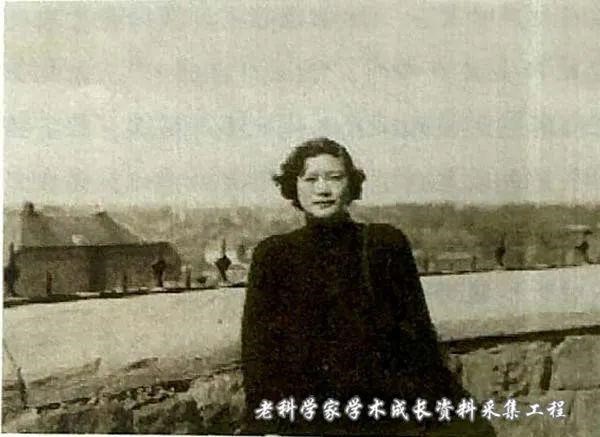
Zhang Lizhu is in the UK. [Photo/mmcs.org.cn]
Determined to practice medicine and study for the country
Zhang Yaozeng, father of Zhang Lizhu, had a progressive mind and would often say to her, "I don't want your generation to be ordinary women, but to be useful talents for the country and mankind.”
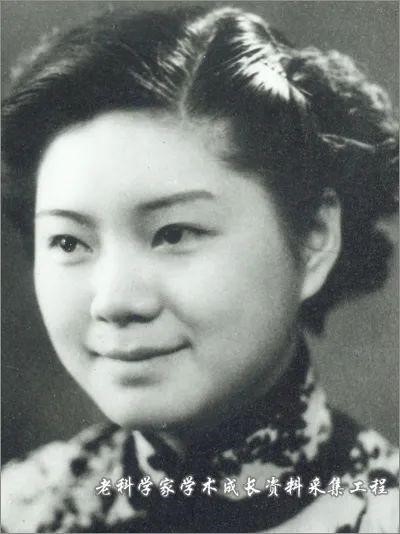
In 1937, Zhang Lizhu graduates from middle school. [Photo/mmcs.org.cn]
As a gifted girl, Zhang Lizhu achieved excellent scores with little effort. She was admitted to the Department of Aeronautical Engineering at the School of Engineering of Central University but was unable to enroll due to the war. Instead, she switched to St. John's University to study pre-med, determined to serve the country through medicine. During her time on campus, her father's passing further solidified her resolution to study medicine. In 1944, Zhang Lizhu graduated from the university's medical school with a doctorate in medicine. When it came to a career, she chose obstetrics and gynecology to improve the well-being of women.
After the victory in the War of Resistance Against Japanese Aggression, Zhang Lizhu went to Columbia University and the School of Medicine at New York University in the United States to study obstetrics and gynecology, endocrinology, and local anatomy. She later studied gynecologic pathology and surgery at Johns Hopkins University.
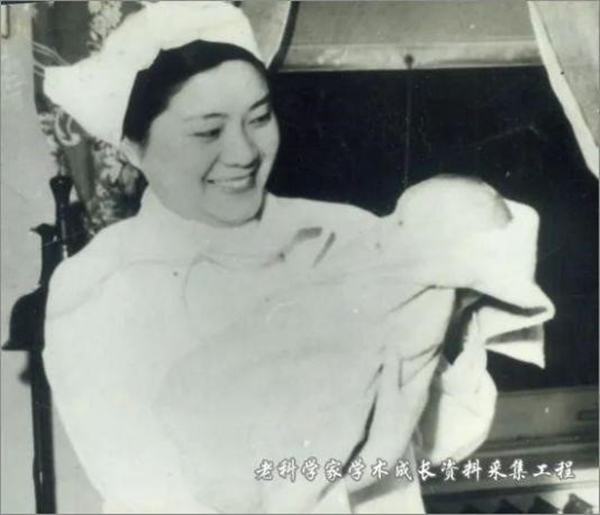
In 1947, Zhang Lizhu works in a hospital's baby cell in the United States. [Photo/mmcs.org.cn]
By 1950, Zhang Lizhu had earned a diploma from the Royal College of Obstetricians and Gynaecologists. Despite the attractive living conditions and advanced scientific research opportunities, she resolutely quit her job, determined to return to the embrace of her motherland and contribute her knowledge to China.
"I went abroad to learn skills, and I should come back after I completed my studies. Since 1951, I have been considering a return with all my heart."
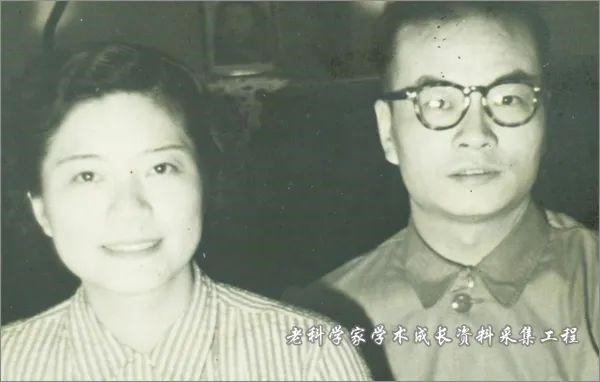
In the summer of 1951, Zhang Lizhu and her husband are in Shanghai after their return to China. [Photo/mmcs.org.cn]
"Welcome you to go back to China" — a telegram from the International Students Office of the Government of the People's Republic of China altered the course of her life.
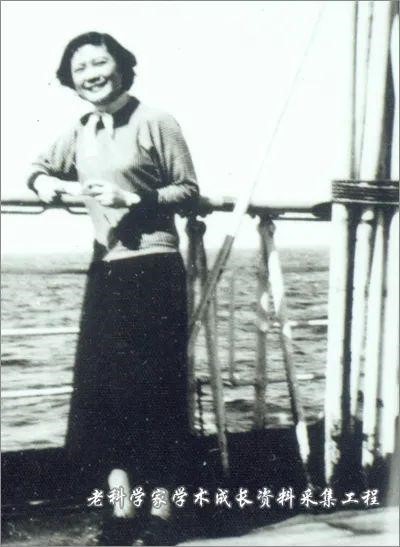
In June 1951, Zhang Lizhu is aboard a steamer returning to China from the UK. [Photo/mmcs.org.cn]
Skillful and kind doctor alleviated suffering
In 1958, Zhang Lizhu contributed to the establishment of the Third Affiliated Hospital of Beijing Medical College and subsequently served as director of the Department of Obstetrics and Gynecology. In the hospital's formative years, she established a specialized outpatient clinic for cervical diseases and initiated a reproductive endocrine measurement laboratory within the Obstetrics and Gynecology Department. She progressively redirected her research emphasis from gynecological tumors to reproductive endocrinology, placing substantial focus on family planning issues.
In 1965, as a part of the Tongxian (now Tongzhou district) Roving Medical Team of the Third Affiliated Hospital of Beijing Medical College, Zhang Lizhu traveled to the Matou Commune to provide medical services to the local peasants and train "barefoot doctors". It was her inaugural journey into the depths of the countryside. The dire medical conditions she encountered there were so startling that she penned an article titled "Without knowing the peasants, one can't serve them properly", which appeared in the People's Daily. The article urged medical personnel to engage actively in the delivery of health care in rural areas. Zhang Lizhu ventured to the countryside on two occasions, where she saved a mother and her newborn from dystocia during the mother's eighth labor, removed an ovarian tumor weighing dozens of pounds, and performed surgeries on cervical cancer patients. She eased suffering and saved lives despite the limited medical resources at hand.
In the late 1970s, Zhang Lizhu recognized the significance of laparoscopy in gynecological clinical practice and dedicated herself to its research. In 1982, she began performing laparoscopic diagnoses and oversaw the clinical research of two doctoral students on the endometriosis program. Following years of diligent exploration, by the 1990s, the Department of Obstetrics and Gynecology at the Third Affiliated Hospital of Beijing Medical College was adept at using laparoscopy to execute a range of surgical procedures including the removal of ovarian cysts, ovarian chocolate cysts, and adnexectomies. These surgical innovations signified a transformative approach in laparotomy, earning substantial acclaim from patients.
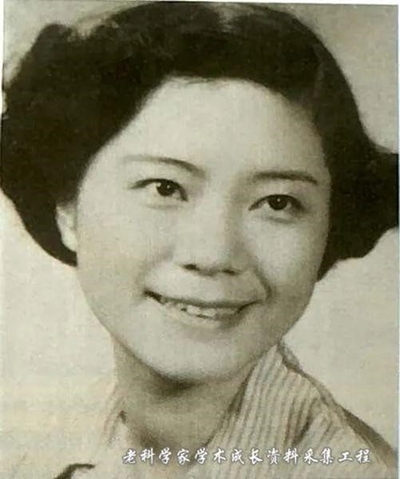
Zhang Lizhu relocates to Beijing in 1952. [Photo/mmcs.org.cn]
Caring and capable expert nurtured new lives
As an obstetrician and gynecologist, Zhang Lizhu understands the pain and frustration of infertility and empathizes deeply with her patients' suffering. In 1978, upon learning that the world’s first test-tube baby was born in the United Kingdom, Zhang Lizhu was greatly heartened. She recognized that this technology could bring hope to innumerable families.
After the 1980s, beyond her scientific research, diagnostic work, and treatment routines, Zhang Lizhu also participated numerous times as an essential member of various delegations visiting abroad. It was during a trip to France that she first encountered the IVF (in vitro fertilization) research there.
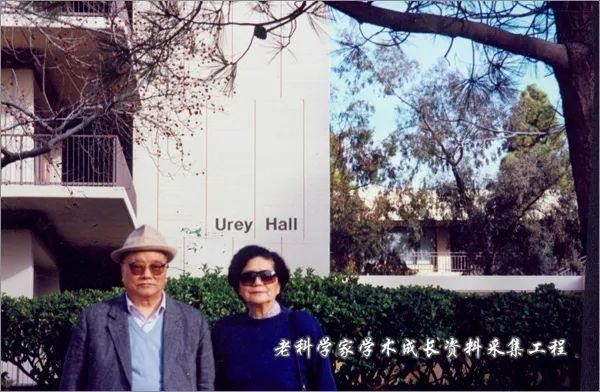
On January 8, 1995, Zhang Lizhu and her husband visit Urey Hall in Southern California, USA. [Photo/mmcs.org.cn]
In 1982, she committed herself to pursue IVF research and devoted the ensuing years to this endeavor. In 1984, inspired by an English tape recording, she presciently suggested launching IVF research and embryo transfer in China. Although international experts had encountered failure in numerous IVF attempts in China, Zhang Lizhu's resolve to conduct independent research remained unshakable.
The research conditions at that time were quite challenging. Their lab occupied less than 10 square meters. Lacking incubators for egg retrieval, researchers were compelled to move quickly from the Obstetrics Department to the Embryo Tissue Room, clutching a thermos flask containing follicular fluid, which was kept warm beneath their clothing. When the egg retrieval needle became dull, they turned to roadside watchmakers for sharpening. From these humble beginnings, Zhang Lizhu and her team surmounted a myriad of obstacles, including egg retrieval, IVF, embryo cultivation, and embryo transfer.
On March 10, 1988, China's inaugural IVF baby came into the world successfully. Zhang Lizhu personally bathed the infant. After ensuring there were no abnormalities, she embraced the newborn with a smile, looking at the child with affection. Zhang Lizhu candidly expressed, “Bringing a life into the world is indeed a complex and miraculous process … To be honest, I wasn’t certain of success each time, despite putting forth all my effort.”
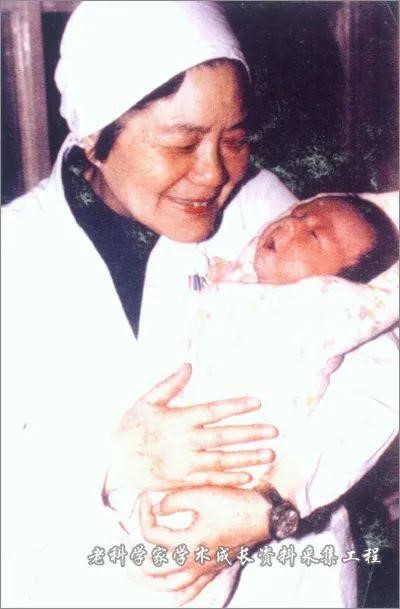
On March 10, 1988, the first test-tube baby on the Chinese mainland is born at the Third Affiliated Hospital of Beijing Medical College. [Photo/mmcs.org.cn]
Subsequently, Zhang Lizhu led her team through more than 1,300 IVF cycle studies, raising the clinical pregnancy rate from the initial 6.4% to 32%, and the survival rate to 20%. This significant advancement propelled China's reproductive medicine forward and positioned China among the leading nations in this field.
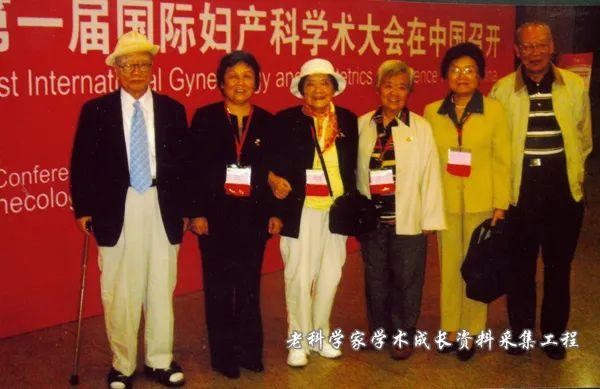
On October 7, 2005, Zhang Lizhu (third from left) attends the First International Gynecology and Obstetrics Conference. [Photo/mmcs.org.cn]
In 2018, "the birth of the first IVF baby on the Chinese mainland" was honored as one of the top ten science and technology events impacting China over the preceding 50 years, reflecting the science and technology community's and broader society's high regard for Zhang Lizhu's scientific contributions.
Copyright © National Communication Center for Science and Technology, CAST.
All rights reserved. Presented by China Daily.








